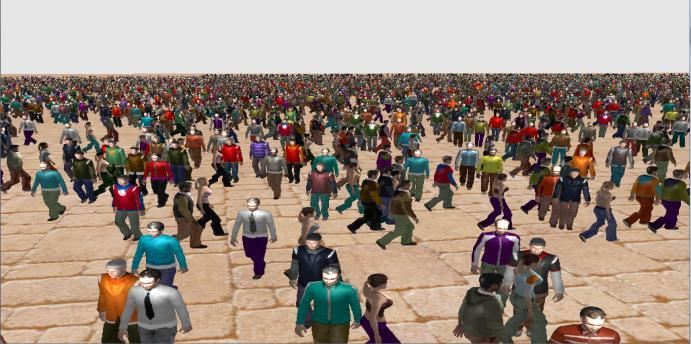
Leonel Antonio Toledo DÃaz
Barcelona Supercomputer Center, Spain
Title: Interactive complex virtual environments using XML configuration files
Biography
Biography: Leonel Antonio Toledo DÃaz
Abstract
The process of designing virtual environments is typically an expensive task in both terms of resources and processing power. It is a complex process to create immersive experiences in simulations or video games, even though hardware capabilities are constantly increasing, allowing developers to create impressive scenes, sometimes is not enough. The constant technological advances rely on heavy GPU computations for developers to be able to represent virtual environments that are composed of millions of polygons to represent highly realistic scenes, nevertheless sometimes developers are faced with an important tradeoff between realism and performance. Recently there has been a remarkable increase in the number of middlewares and frameworks that try to solve the technical requirements of complex 3D. For instance, scenes that have several thousands of characters are computationally expensive as well as memory consuming. To attempt to solve this problem, several techniques must be implemented such as level of detail, illumination, collision avoidance, animation transfer, audio management just to mention a few. Most approximate rendering algorithms ignore perception, or use early vision based perceptual metrics to accelerate performance. Visual perception in computer graphics has received a lot of attention over the past few years. By understanding the limitations of the human visual systems, rendering algorithms can be modified to eliminate unnecessary computations which will produce image with no perceivable difference to the observer. For instance, it is known that observers do not require a physically accurate simulation of the illumination in order to perceive a scene as realistic. Optimizing the rendering stage for any given simulation is a complex process and there are many possible ways that can be used to reduce the detail of a geometric mesh, having different advantages and draw-backs for its implementation within a GPU.


